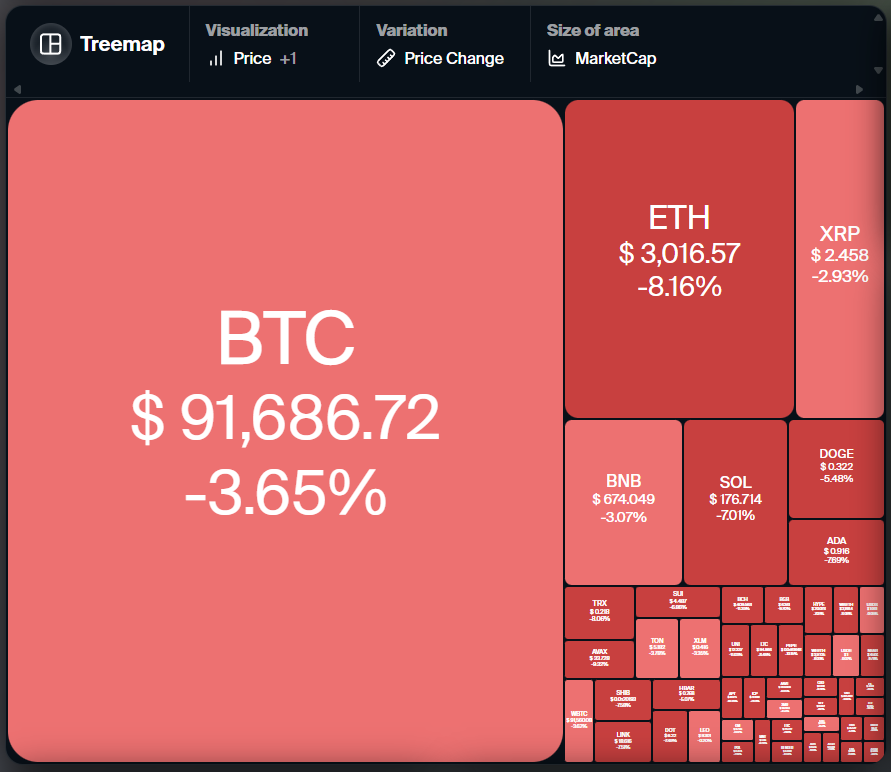KUALA LUMPUR: Capital markets can offer indirect mechanisms for small and medium-sized enterprise (SME) lenders to support SME financing, according to the World Bank.
Capital market solutions have been utilised in some middle- and high-income countries by SME lenders to enhance their funding structures, enabling them to compete more effectively in credit markets, said the Washington, DC-based multilateral lender.
“This, in turn, can result in an expansion of financing to SMEs, improvements in lending conditions or both,” the bank said in its article titled “Capital Markets for SMEs: The Complementarity of Equity and Debt Financing”.
The article is contained in the Securities Commission Malaysia’s “Catalysing MSME and MTC Access to the Capital Market: Five-Year Roadmap (2024-2028)” launched today, for which the World Bank Group is the technical advisor.
The roadmap was launched to provide a five-year action plan with cross-cutting strategies aimed at transforming the capital market to enhance access for micro, small and medium-sized enterprises (MSMEs) (including startups) and mid-tier companies (MTCs).
The World Bank said that in many countries, banks — and to a lesser degree, other SME lenders — use capital markets to raise long-term funding through relatively simple instruments, such as plain vanilla bonds.
“In more sophisticated capital markets, both banks and other SME lenders have resorted to instruments more directly tied to their SME portfolios, such as the securitisation of their SME loans,” it said.
The Bretton Woods financial institution said equity financing can also be powerful in promoting innovation.
“Innovative activities are inherently risky and generally entail investments in intangible assets, such as research and development, that provide limited collateral value. Consequently, these investments can be hard to finance with debt,” it said.
Equity and debt financing play important but distinct roles in supporting firms’ productivity and growth, it noted.
“While equity can fund any type of investment, it often disproportionately benefits firms investing in innovative activities,” it said.
The World Bank said its forthcoming research indicates that countries with higher knowledge- and technology-related outputs, and thus a larger share of firms engaged in innovative activities, would benefit most from increased access to equity financing.
“However, venture capital financing is often skewed towards a narrow set of high-tech sectors and larger firms, suggesting that equity financing might play a limited role in advancing technological change in emerging markets and developing economies.
“Hence, an underdevelopment of equity markets can hinder the undertaking of innovative activities, impacting aggregate productivity and growth,” it added.
In a separate article, the World Bank highlighted blended finance as an important tool to develop financial markets and mobilise private capital, while potentially lowering the need for public funding, to close the SME financing gap.
“Blended finance can create investment opportunities for private investors with acceptable risk-return profiles for the private sector,” it said.
In the context of SME financing in capital markets, it noted that blended finance structures can enhance the availability of financing for SMEs in various ways.
It said blended finance transactions have benefitted SMEs directly-such as start-ups, small and growing businesses-and indirectly by supporting financial institutions that provide financing to SMEs, such as microfinance institutions and banks.
“Blended finance can also support capital-raising activities that promote SME financing in debt and equity markets through direct funding to SME lenders or concessional partial credit guarantees,” it added. – Bernama
